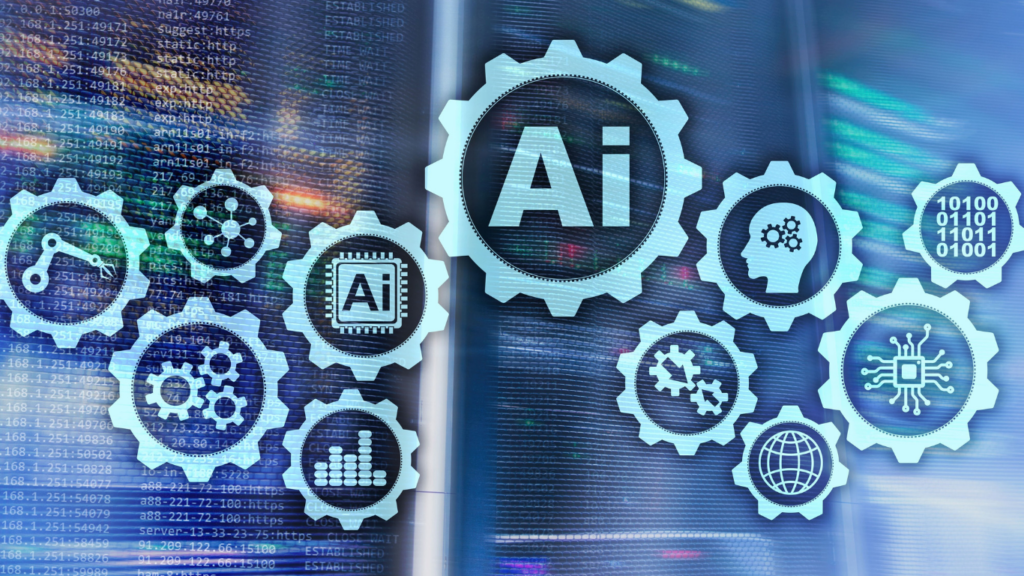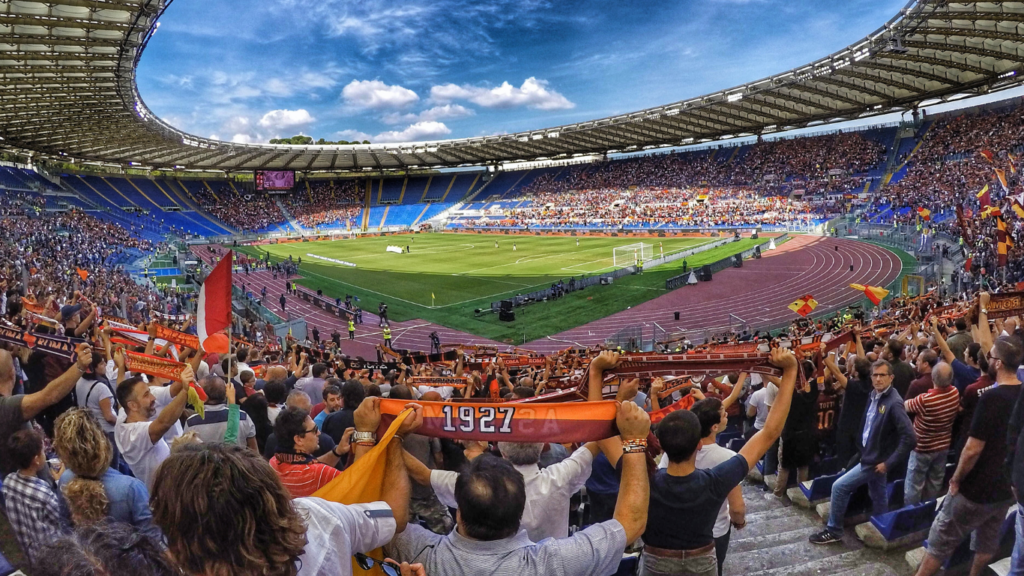The Role Of AI In Modern Sports
AI enhances analysis, training, and decision-making processes in sports. It processes large datasets to identify patterns, enabling coaches to make data-driven decisions during games and training sessions. Applications include player performance analysis, injury prediction, and opponent strategy evaluation.
Performance Analytics
AI-powered tools analyze player metrics like:
- speed
- stamina
- accuracy
For example, video recognition software breaks down gameplay to assess an athlete’s strengths and weaknesses, offering targeted feedback for improvement.
Injury Prevention
AI predicts injury risks by analyzing biomechanical data and workload metrics. Systems like Zone7 alert coaches to potential overexertion, reducing downtime due to injuries.
Strategy Optimization
AI simulates scenarios, helping teams develop optimized game plans. Tools like Second Spectrum provide interactive insights to refine offensive and defensive tactics.
Fan Engagement
AI enhances audience experiences by delivering real-time stats, interactive visualizations, and personalized content. Chatbots and virtual assistants also streamline communication between teams and fans.
How AI Enhances Coaching Strategies
AI enhances coaching by offering advanced tools for data analysis, performance predictions, and tailored training programs. These tools empower coaches to make informed decisions and maximize team potential.
Real-Time Data Analysis
AI systems process large volumes of data instantly, delivering actionable insights during games. Metrics like player speed, accuracy, and fatigue are analyzed to guide real-time decisions. For example, tracking software like Second Spectrum provides visual analytics for basketball games, helping coaches adapt strategies on the spot. Teams gain a competitive edge by leveraging dynamic feedback.
Performance Prediction And Optimization

AI predicts performance by identifying patterns within historical and live data. Tools like IBM Watson collect and process individual and team stats, offering insights into future outcomes. These predictions optimize player rotations, create winning scenarios, and maximize overall efficiency. For instance, modeling game strategies based on likely opponent actions can improve execution rates.
Personalized Training Programs
Custom AI-driven programs address individual strengths and weaknesses. Platforms like Catapult use wearable trackers to monitor key metrics such as heart rate and workload, helping design tailored regimens. These programs increase effectiveness by focusing on precise areas for improvement, reducing overtraining risks while enhancing skill development. Coaches can refine methods based on player-specific feedback and results.
The Future Of AI In Sports
AI continues to shape the future of sports by driving innovation in athlete care, strategy development, and fan experiences. The integration of emerging technologies into sports ecosystems is setting new benchmarks for performance and engagement.
- Enhanced Precision Training
AI advancements are enabling hyper-personalized and precision-based training models. Wearable sensors deliver real-time performance data, while machine learning algorithms identify areas for improvement. For instance, AI systems from companies like Catapult refine skill development with tailored insights. - Game Strategy Optimization
AI accelerates the development of dynamic game strategies by simulating various game-day scenarios. Algorithms analyze opponent tactics, historical play data, and live metrics to suggest optimal moves. Tools such as IBM Watson empower teams to adapt strategies in real-time. - Revolutionized Scouting and Recruitment
AI introduces data-driven scouting by analyzing millions of data points, from videos to player statistics. This reduces biases and highlights talent often overlooked by traditional methods. Systems like Hudl assist scouts with detailed player evaluations and performance predictions. - Advanced Injury Risk Management
Predictive AI models, including Zone7, are advancing injury prevention efforts by identifying risk factors in real-time. AI detects patterns that indicate potential overuse or strain, allowing preventive measures to protect athletes more effectively. - Immersive Fan Engagement
AI platforms create personalized fan experiences through interactive content and real-time analytics. Virtual and augmented reality integrations enhance viewing, while AI-driven social media tools foster deeper connections with teams. Companies like Second Spectrum transform how audiences experience live sports broadcasts. - Sustainability and Facility Management
AI-driven solutions improve energy efficiency and manage resources within sports facilities. Smart systems optimize lighting, HVAC, and water usage, driving sustainability while reducing operational costs for venues.
The trajectory of AI in sports is redefining operational efficiency, performance standards, and audience engagement. This evolution points toward a fundamentally transformed sports industry powered by AI.





